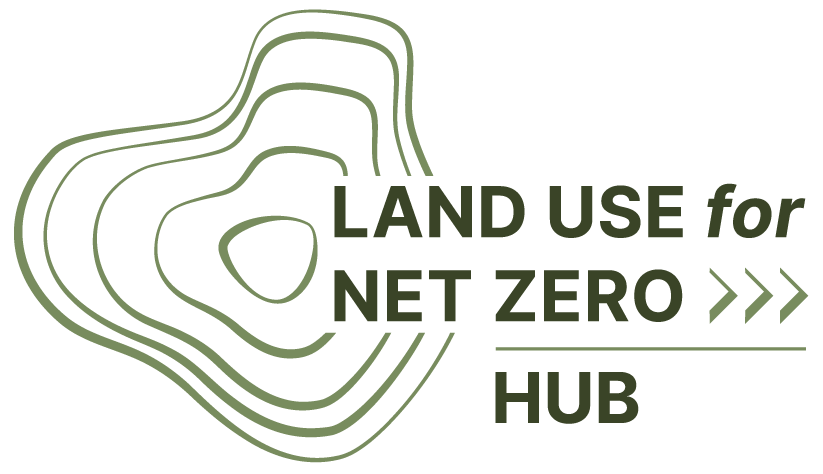International Land Use Study Centre (ILUSC)

The International Land Use Study Centre (ILUSC) is an innovation centre supported by the Macaulay Development Trust, focused on making a difference: enabling just transitions in land use and promoting high-impact land-based science.
The IPCC and climate modellers point to the 2020s as the critical decade for addressing the global challenge of climate change mitigation. Land use underpins most of the Sustainable Development Goals in some form. Transforming how land is used is central to achieving Net Zero targets. However, the demands on land – addressing the biodiversity crisis, ensuring food energy and water security, and adapting to climate change – mean that trade-offs need to be made.
At the same time, the systemic inequalities embedded in the farming and land management sectors must be recognised and addressed. ILUSC works to build capacity in diverse communities to better understand and develop ‘nature-based solutions’. For example afforestation, peatland restoration, renewable energy to the climate, energy and biodiversity crises, at a range of scales.
Immersive Nature-Based Solutions Space
International Land Use Study Centre (ILUSC) is home to the ‘Immersive Nature-Based Solutions Space’. A unique suite of visualisation tools, with a flagship immersive space where models, videos and other imagery are projected onto four walls. The facility is designed to enable partnership working: models and 360º videos at varying spatial scales. Which can be manipulated by individuals and groups. Much of the equipment is portable, enabling stakeholders to work together in familiar environments.
Land Use For Net Zero (LUNZ) Hub
The LUNZ hub is an innovative research initiative that will help drive the transformation of UK land use needed to achieve net zero by 2050.
A unique collaboration between the UK Research Councils, Defra, DESNZ, and the devolved administrations. The hub brings together 34 leading organisations. Providing confident evidence to policy on credible ways to achieve net zero in the agriculture, land use and soils arenas. Co-led by ILUSC Director Professor Lee-Ann Sutherland and Professor Heiko Balzter, Director of the Institute for Environmental Futures at Leicester University. The hub was established in November 2023, and will run until March 2027.

